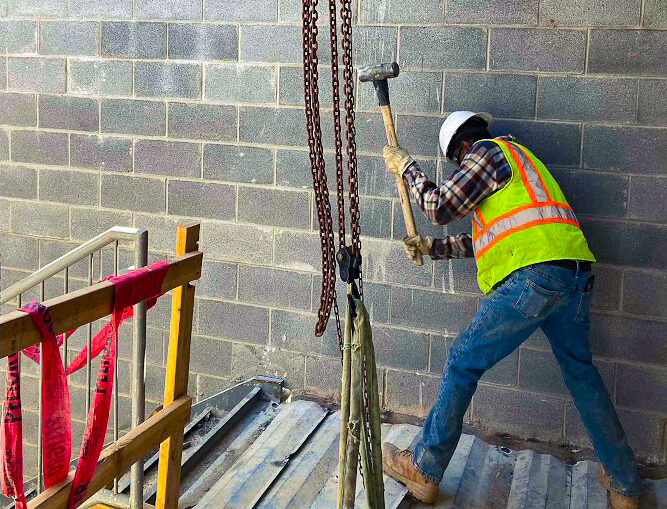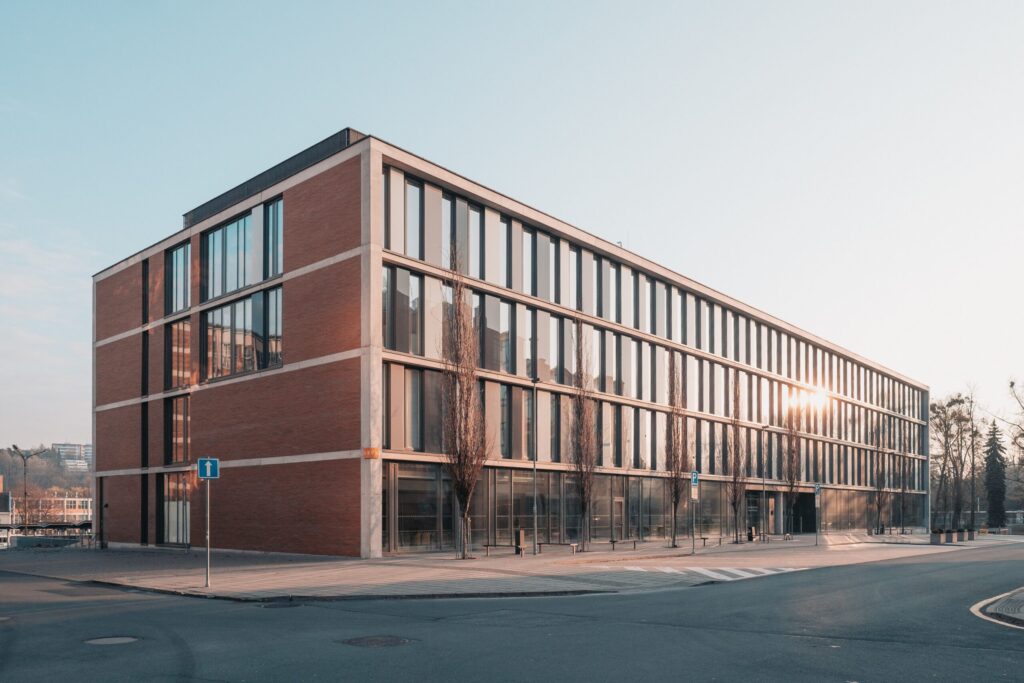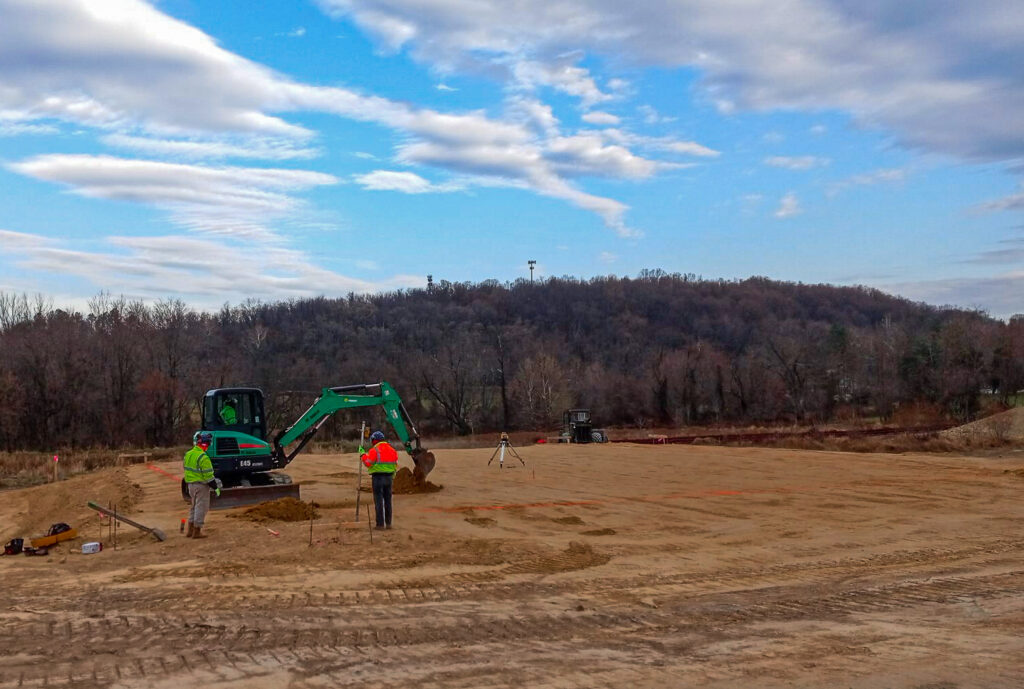General contractors are professionals who oversee and manage construction projects from start to finish. Their primary role is to coordinate and supervise all aspects of the construction process, ensuring that the project is completed on time, within budget, and according to the desired specifications. Here are some of the key responsibilities and tasks of general contractors:
- Cost: General contractors prepare fixed-cost bids and proposals for the entire project, including labor, materials, permits, and other expenses. They work with the client to establish a budget and monitor expenses throughout the construction process.
- Scheduling: General contractors collaborate with clients, architects, and engineers to understand the project requirements, objectives, and budget. They help in developing a comprehensive schedule that outlines the overall project timeline, critical path, and
workflows needed to deliver the project on the stipulated timeframe. - Subcontractor Management: General contractors hire and manage subcontractors such as electricians, plumbers, carpenters, and other specialized tradespeople. They ensure that subcontractors are qualified, properly licensed, and adhere to safety regulations.
- Procurement and Material Management: General contractors are responsible for procuring and managing the necessary materials, equipment, and supplies required for the construction project. They coordinate deliveries, track inventory, and ensure that materials meet the required standards.
- Construction Supervision: General contractors oversee the construction site, ensuring that work is progressing according to the plan. They manage logistics, resolve issues, and address any changes or challenges that arise during construction. They also monitor quality control and perform inspections to ensure work meets the required standards.
- Communication and Documentation: General contractors serve as the main point of contact for clients, architects, subcontractors, and other stakeholders. They facilitate communication, provide regular updates on project progress, and maintain comprehensive documentation, including contracts, change orders, and construction reports.
- Risk Management: General contractors identify potential risks and implement strategies to mitigate them. They prioritize safety on the construction site, enforce safety protocols, and ensure compliance with occupational health and safety regulations.
- Legal Compliance: General contractors ensure that the construction project complies with all relevant laws, codes, and regulations. They handle permits, inspections, and any necessary approvals to keep the project in legal compliance throughout its duration.
Overall, general contractors play a crucial role in coordinating and managing all aspects of a construction project, ensuring its successful completion while meeting the client’s requirements and expectations.
GENERAL CONTRACTING SERVICES IN DC, MARYLAND, AND VIRGINIA
If your project is in need of a General Contractor, Contour Construction has the knowledge and expertise to successfully build your destination. Call now to get started! 240.405.0123




